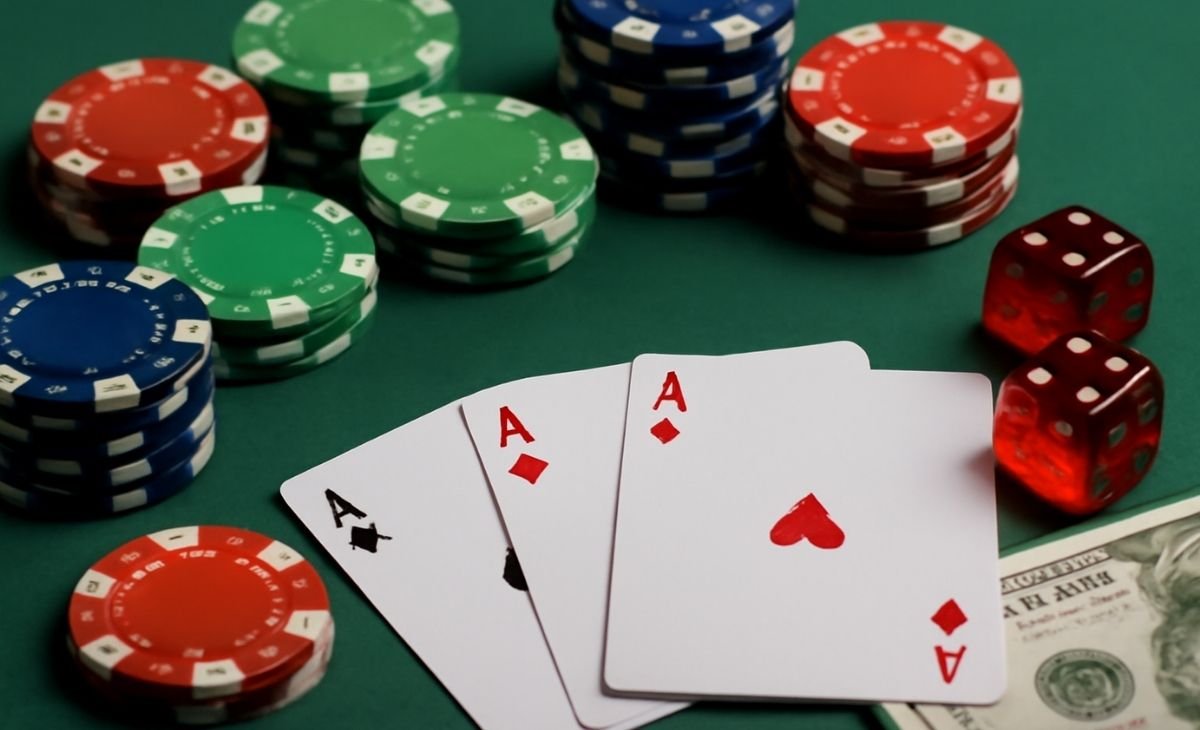Gambling is a fascinating psychological phenomenon, deeply rooted in human behavior. Extensive research has explored how psychological processes shape gambling habits, often revealing surprising insights. Below are five compelling facts about gambling and the psychology behind it.
1. Being in a Good Mood Leads to Increased Gambling
Did you know that your mood can influence your gambling behavior? Research has shown that factors like sunny weather or the success of a local sports team can elevate mood, leading to riskier behavior, including increased gambling. A positive emotional state often encourages individuals to take more chances, believing in favorable outcomes.
2. The Gambler’s Fallacy
The gambler’s fallacy is a common psychological bias affecting gamblers worldwide. Imagine watching a roulette wheel land on black seven times in a row; many would bet on red, assuming it’s “due.” However, this belief is incorrect—the odds remain the same for each spin. Understanding this fallacy is crucial to avoid irrational betting.
3. Changing Expectations About Winning
A fascinating study on racetrack bettors found that placing a bet alters perceptions. Before betting, gamblers estimate their horse’s chances realistically. After betting, however, their confidence in their horse’s success grows significantly. This psychological shift stems from increased emotional commitment, leading to more hopeful, yet potentially biased, expectations.
4. The Bandwagon Effect
Massive lottery jackpots often create a frenzy of ticket purchases, even among first-time players. This phenomenon, known as the bandwagon effect, highlights how media attention and societal participation can drive people to join in, fearing they might miss out on a potentially life-changing event.
5. Gambling Systems and Superstitions
Despite gambling being a game of chance, many players believe in “systems” to beat the odds. Examples include:
- Attempting to predict patterns in random numbers (despite no patterns existing).
- Playing “hot” slot machines or avoiding “cold” ones.
- Performing rituals, such as tapping machines with a lucky talisman.
These behaviors highlight the psychological need for control in inherently uncontrollable situations, often fueling gambling addiction. For those struggling with these patterns, gambling addiction treatment offers structured support to regain control and build healthier habits.
Gambling Addiction: The Psychology Behind It
Gambling addiction shares similar neural pathways with substance addiction. The brain’s reward system is activated during gambling, creating a feedback loop that reinforces the behavior. Psychological biases, like those mentioned above, often exacerbate addictive tendencies.
Breaking the Cycle of Gambling Addiction
Overcoming gambling addiction starts with understanding these psychological processes and debunking common fallacies. Support is available through trusted organizations like the National Council on Problem Gambling, offering resources and hotlines for those in need.
Final Thoughts
By understanding the psychology of gambling, we can recognize how deeply ingrained habits and beliefs influence behavior. Whether you’re a casual player or battling addiction, awareness is the first step toward healthier choices.

